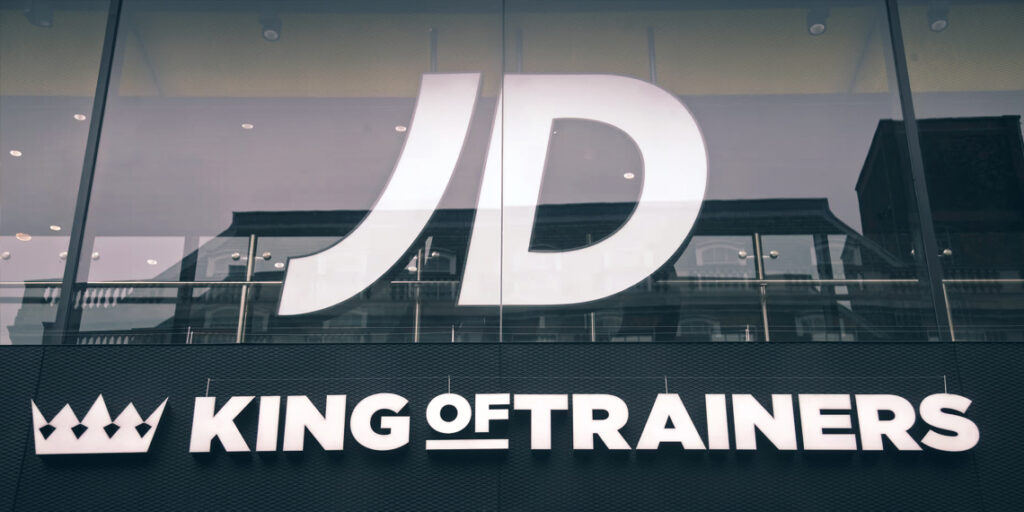JD Sports has warned of lower-than-expected profits after sales were hit by mild weather and increased discounting by competitors in October.
The retail giant, which owns the JD chain along with outdoor brands Millets and Blacks, saw its share price fall by 15%, losing over £800 million in market value.
Chief Executive Régis Schultz explained that despite a strong start to the period, bolstered by strong back-to-school sales, the company experienced heightened trading volatility in October.
This was particularly evident in North America and the UK, where promotional activity was high, and weather conditions remained unseasonably mild.
In the three months to 2 November, JD Sports reported a 2.4% decline in underlying sales in the UK and a 1.5% drop in North America.
However, the group saw a 3.5% increase in European sales. The JD brand struggled the most, with underlying sales down 1.6%. Alice Price, an apparel analyst at GlobalData, noted that consumer caution was affecting sales, with the wider sportswear market still experiencing suppressed demand.
On a positive note, JD’s outdoor wear division, which includes Millets and Blacks, posted a 6% rise in sales, driven by a rainy summer and growing consumer interest in outdoor activities.
Price attributed the growth to the resurgence of staycations and a shift in demand towards outdoor experiences as international travel normalised post-pandemic.
Given the challenging trading conditions, JD Sports has lowered its profit expectations. The retailer now expects underlying profits to come in at the lower end of its previous forecast, ranging from £955 million to just over £1 billion.
JD Sports’ disappointing results highlight broader concerns for the retail sector as fashion retailers face a tough winter.
Weak consumer confidence, compounded by high energy bills and rising mortgage and rental costs, is weighing heavily on spending, particularly on non-essential items. Many households have prioritised spending on holidays and experiences rather than clothing and other discretionary purchases.
The British Retail Consortium (BRC) has already flagged that fashion experienced the biggest sales declines in October, followed by toys and furniture, while computing and health and beauty sectors saw strong sales.


